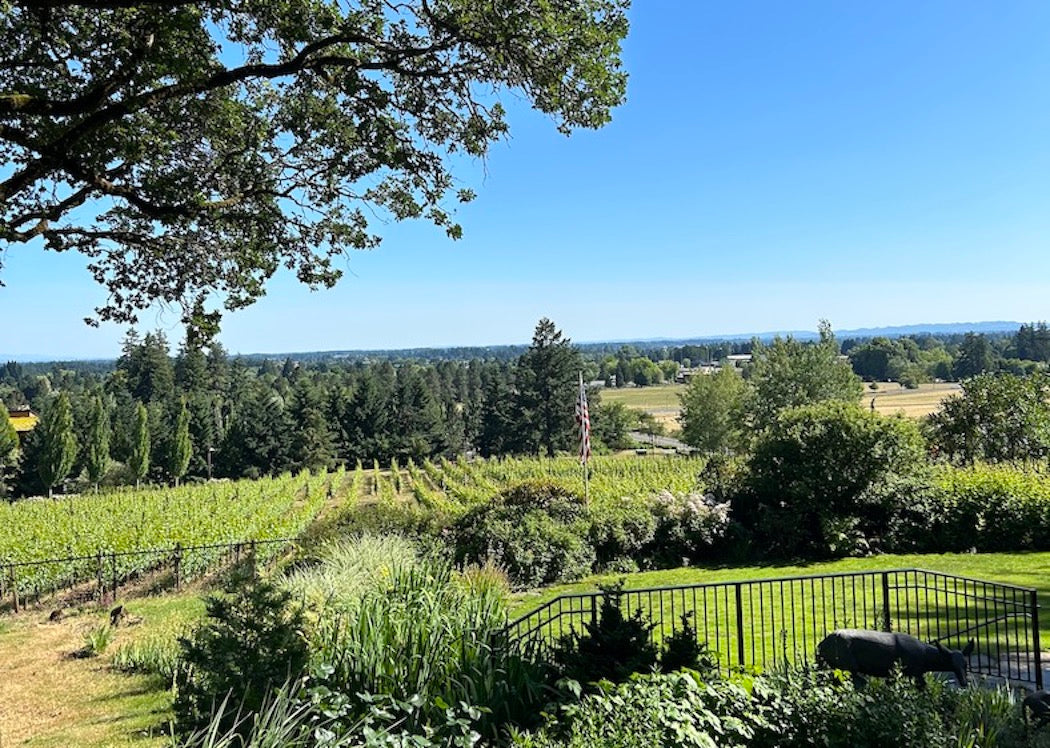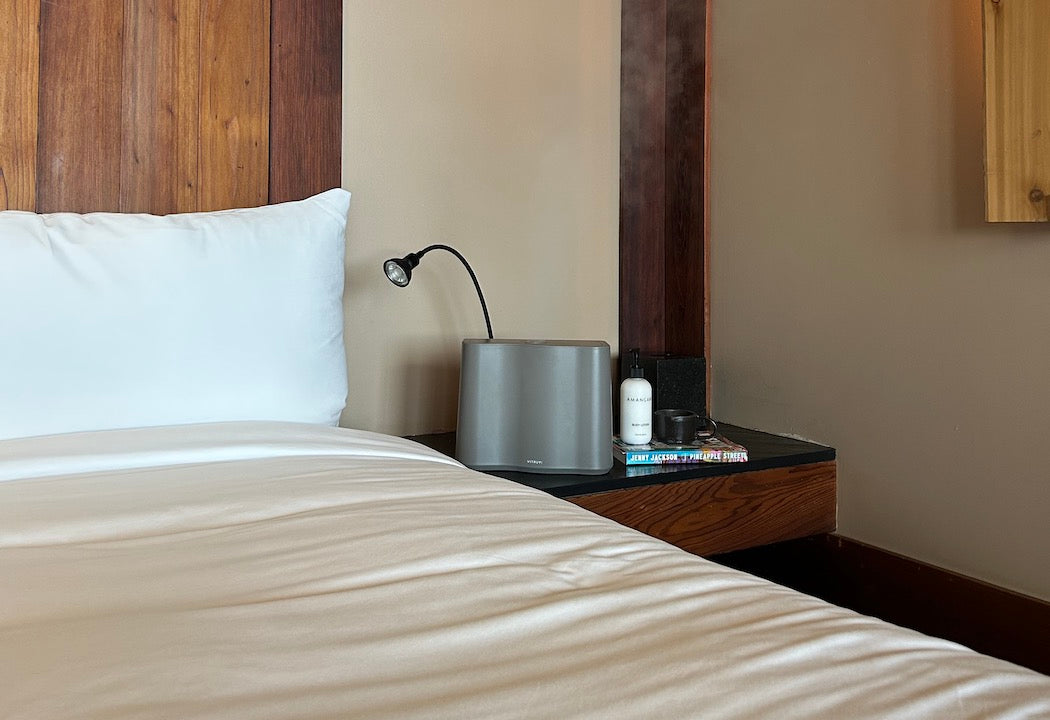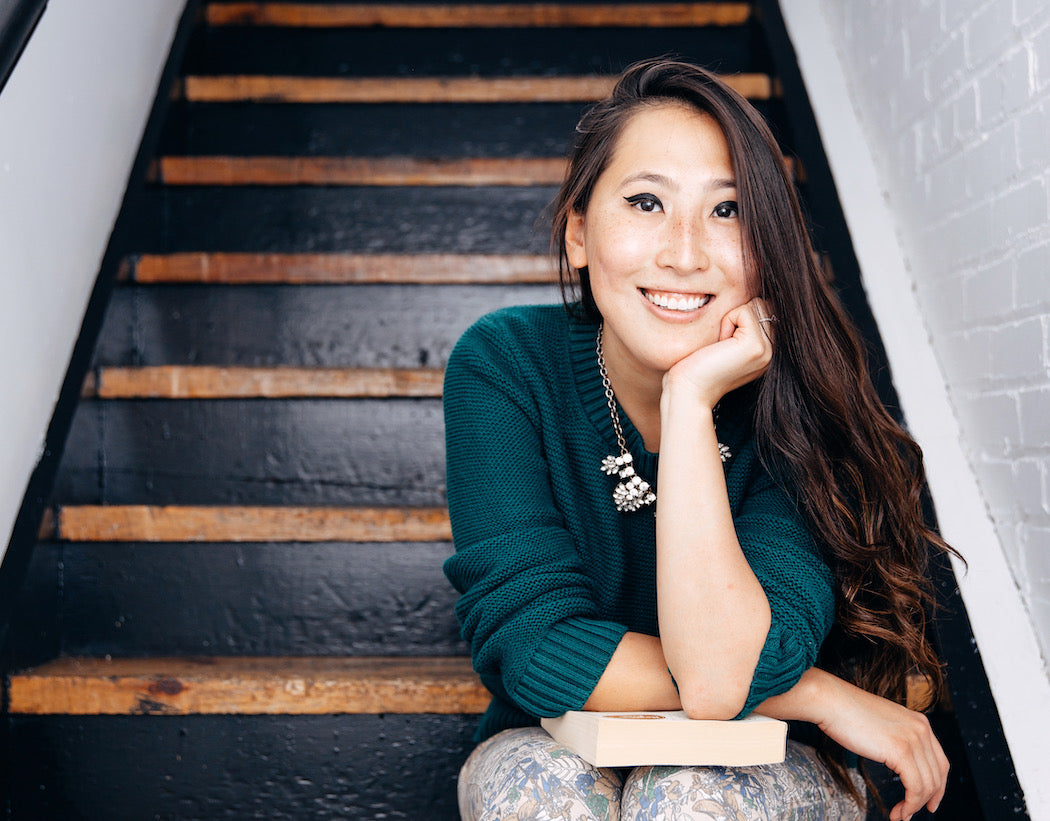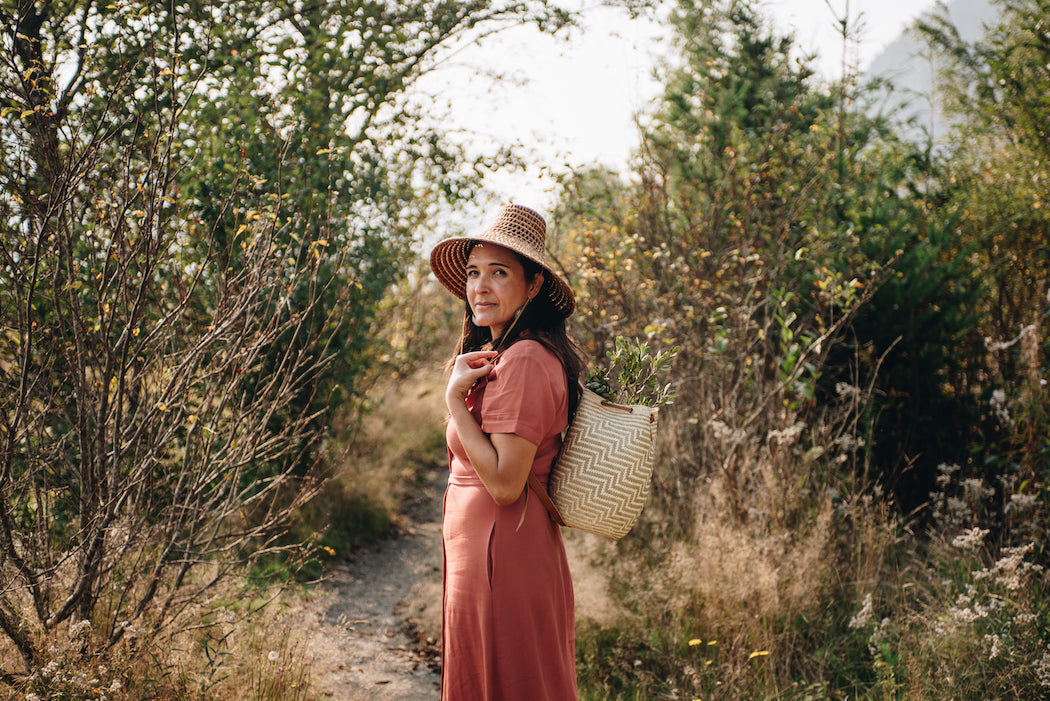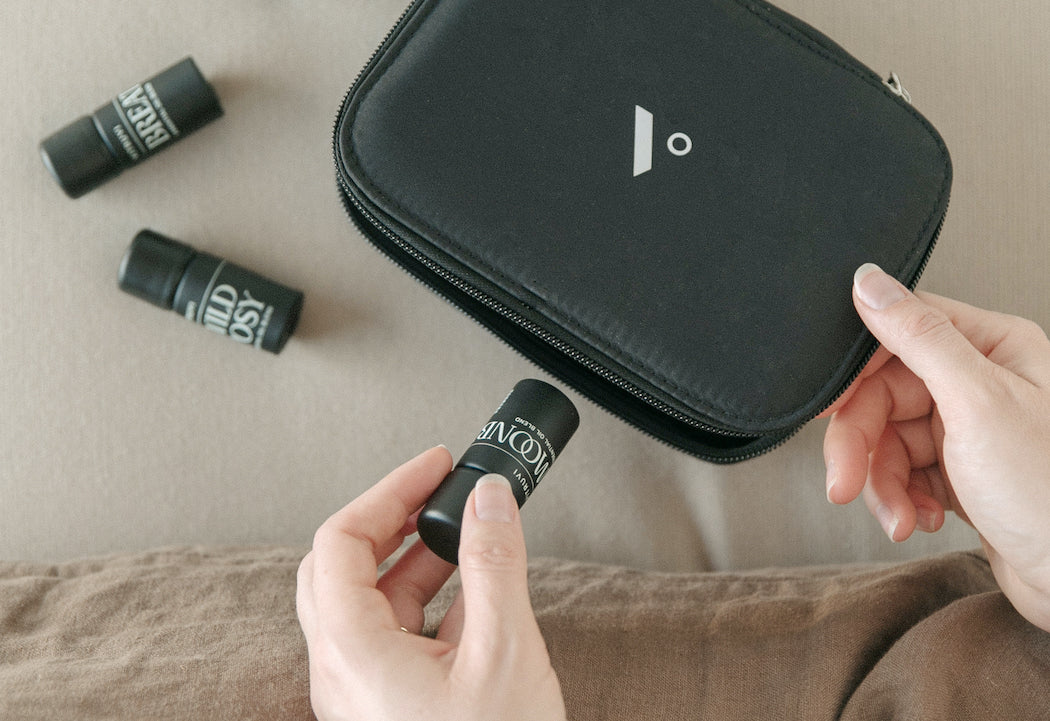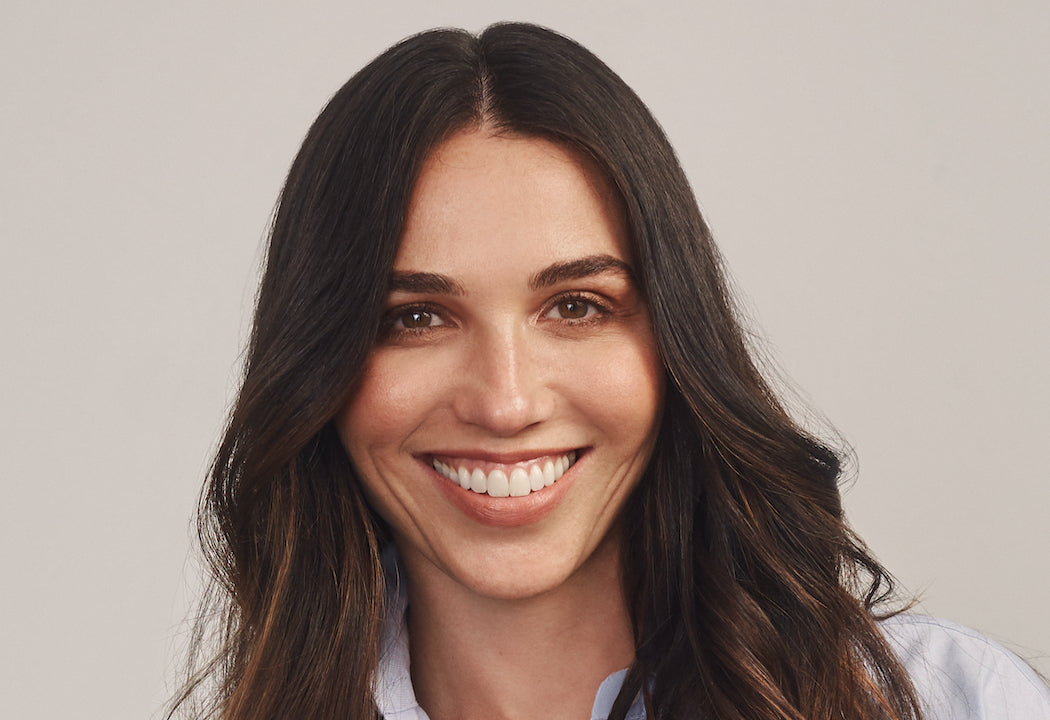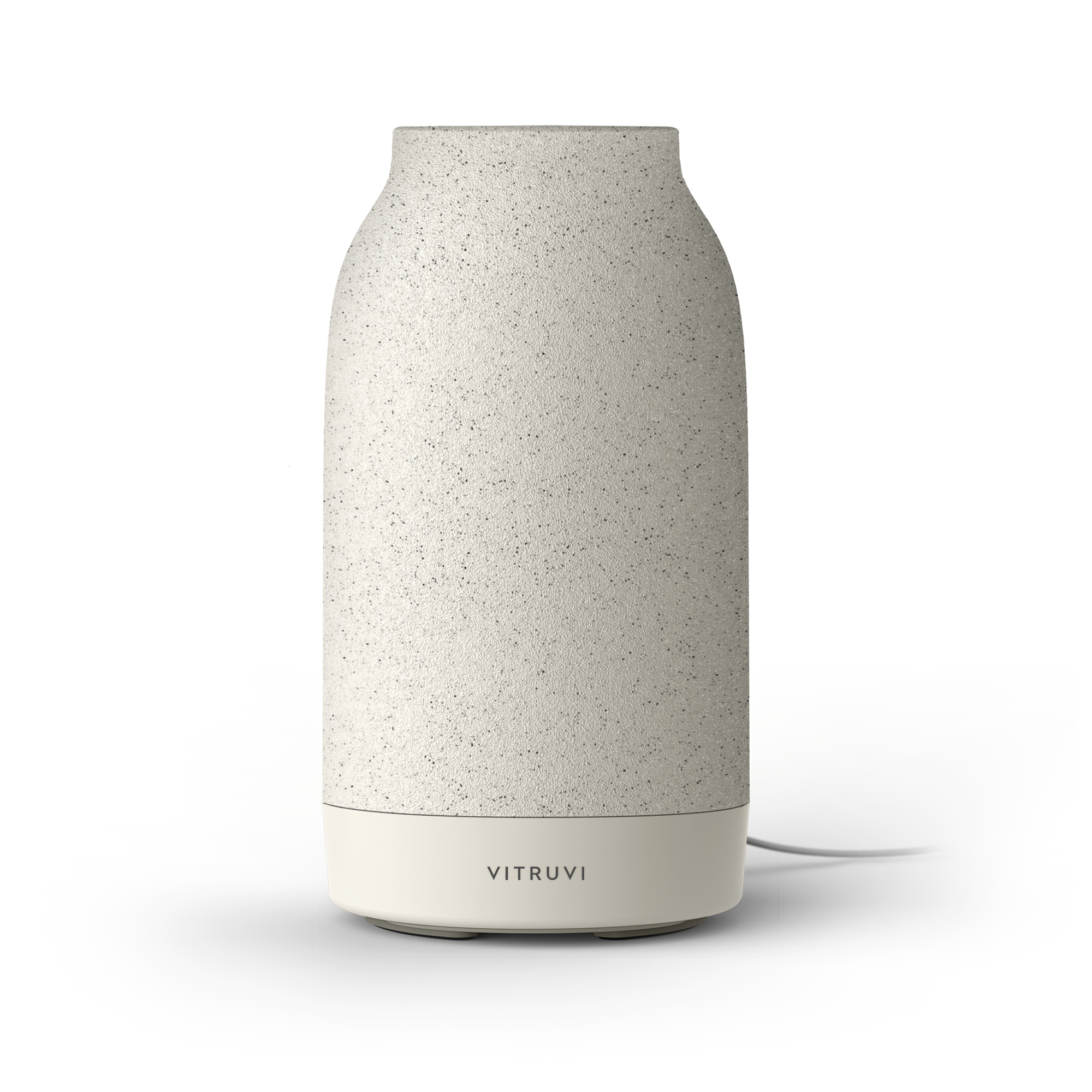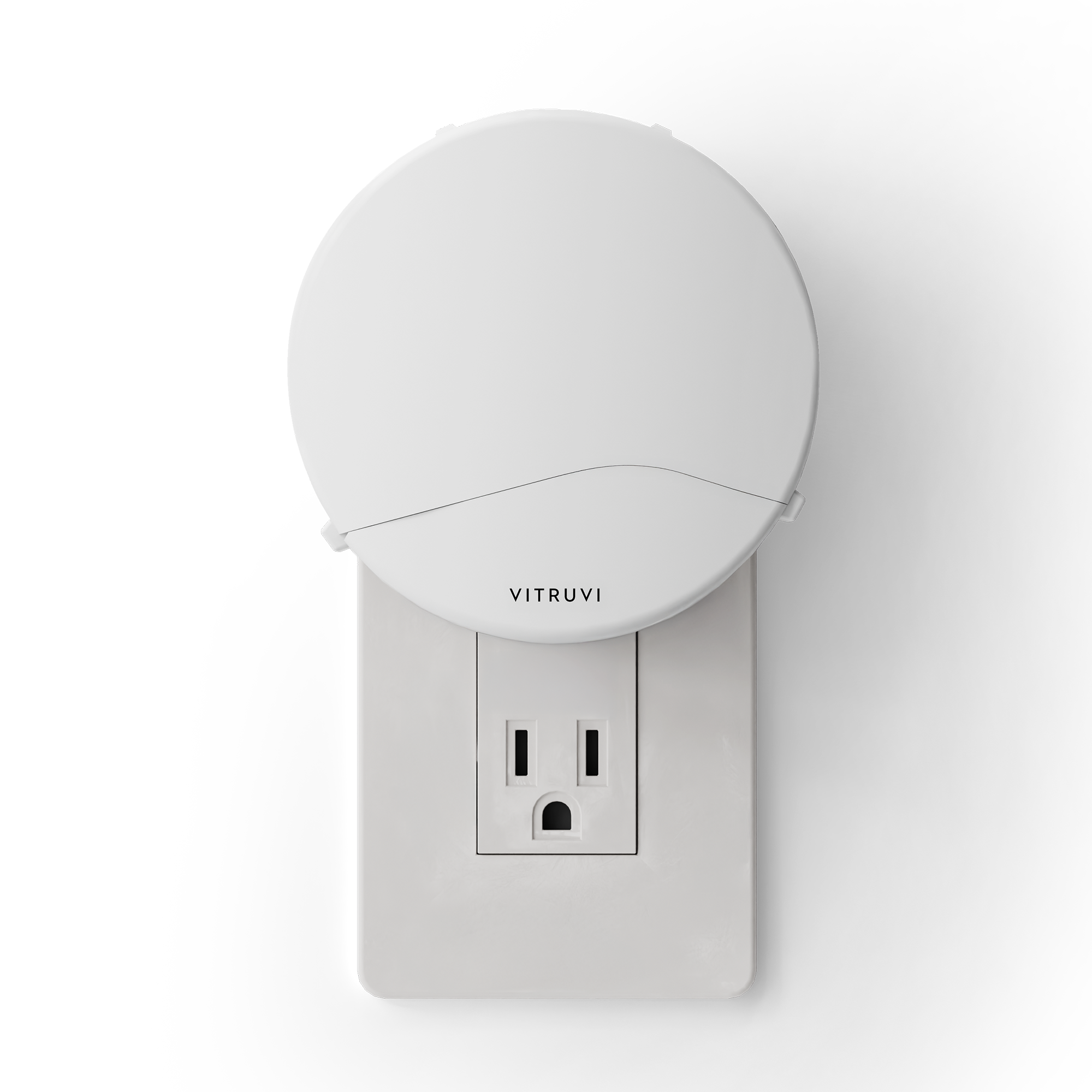Oyéta Kokoroko has the kind of beauty that turns heads. I can say this because I saw it happen firsthand as we waited to order at Railtown Cafe in Vancouver’s Japantown (for the record, we sat across from each other at a table right next to the large open garage door, allowing for plenty of fresh air and distance). Anyway, her beauty. It’s probably the way she carries herself, which is with quiet confidence. It’s also probably her hair, which is long and shiny, and her clothing, which on this day is a striking patterned dress. But it’s also probably her skin, which truly-madly-deeply glows.
I suppose that should not be a shock, considering Kokoroko is the founder of Okoko Cosmétiques: an all-natural, high-performance skincare line based, formulated, and produced right here in Vancouver. Founded in 2016, Okoko Cosmétiques uses ingredients that check every box on Kokoroko’s list: they’re natural, they’re safe, they’re high-quality, and they’re proven to work. Which means Okoko Cosmétiques products are all of those things, too.
“I studied holistic nutrition and herbal medicine, so I used that knowledge to come up with exclusive formulations that would be not just basic skincare, but more advanced,” she tells me in between sips of kombucha. “I saw a need in the natural skincare industry for more high-performance products.”
That means items like the exfoliating L’Élixir De Clarté, a serum with organic aloe vera and three botanically-sourced alpha-hydroxy acids (my personal favourite); the purifying D’Tox Noire, a mask with glacial marine clay (sourced from Nanaimo), charcoal, willow bark, and moringa; and the healing L’Élixir de Pureté, a serum with organic beech tree bud extract, also known as dragon’s blood.
The dragon’s blood serum has become a hero product of the Okoko Cosmétiques line, a testament to the brand’s ability to discover and harness the power of lesser-known, plant-based ingredients. It comes from a tree that is native to South America. “It’s the red sap found inside the tree; Indigenous people there use it to heal wounds, mosquito bites,” explains Kokoroko, who was inspired to start her company after switching to natural skincare in her own routine and learning to make her own products. “So I became interested in the properties of dragon’s blood and started searching more about it and learning about the benefits. There have been scientific studies already done on that plant, and that’s when I discovered that it has antioxidant properties, firming properties that are good for anti-aging, but also healing properties when it comes to helping with breakouts and things like that. So not only is it unique, it’s rare, it’s precious, but it has all these amazing properties.”
After doing significant research on an ingredient’s efficacy, environmental impact, and safety, Kokoroko and her small team enter the R&D phase to come up with their exclusive formulations. Everything is made in Vancouver in the brand’s Gastown loft; there is also a workshop-meets-boutique in the works, with the plan that it will not only sell Okoko Cosmétiques products, but also natural supplements, clean makeup, and even other skincare brands that Kokoroko believes in.
That last point is particularly important to her; as someone who started a brand by herself, with no previous business experience, she knows what it takes to see success in the sector. And she wants to use that knowledge to help others.
“Another aspect of what I do is my mission to support other female entrepreneurs in the beauty industry,” she says. With that in mind, she is launching Okoko House Of Brands: a mentorship and training program in which she will coach new beauty entrepreneurs on how to get their businesses off the ground.
“We’re going to help brands that are where I was three, four years ago, who are just starting and are like, ‘Ok, I need help to figure out marketing, branding, how to set my brand apart, how to differentiate, how to get a customer’s attention and sell,’” she tells me. “So I’m going to share with them what I have learned in my years of doing it … I’m basically going to be a mentor for them and help them with every aspect of their business.”
Clearly a believer that a rising tide raises all boats, Kokoroko is empowered by the idea of there being more women-led brands in the beauty world, and she’s happy to help be a leader in that realm—especially for women of colour. Born in the West African nation of Togo and raised in Montreal (before moving to Vancouver for love five years ago), she is cautiously optimistic about the current societal conversations being had about systemic racism.
“A lot of retailers are starting to recognize they don’t have enough diversity in their brands and their teams,” she says, noting that she doesn’t currently have very many luxury skincare industry peers who are fellow Black women. “But I think it’s the chance for me to be a bit of a pioneer because then I can inspire all the other young Black entrepreneurs who are driven like me, who are talented and who could maybe think, ‘Oh, there’s someone like me who I can look up to,’” she continues. “That’s one of the things that keeps me going, is reminding myself that I’m responsible to be among the people who can set an example for others—for other people of colour, for other Black women who are afraid, who think they don’t have the space or they’re not going to be given a chance. I’m creating a path for them.”
Which is no easy task, but she is clearly up for the challenge. Real change takes time, but we have to start somewhere. “My hope is that it’s not going to be a trend,” says Kokoroko, “but that we’re ready for meaningful change: more diversity, and more driven, hard-working entrepreneurs like me being given a chance.”


